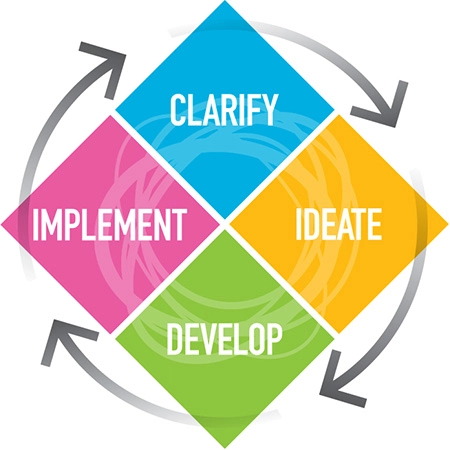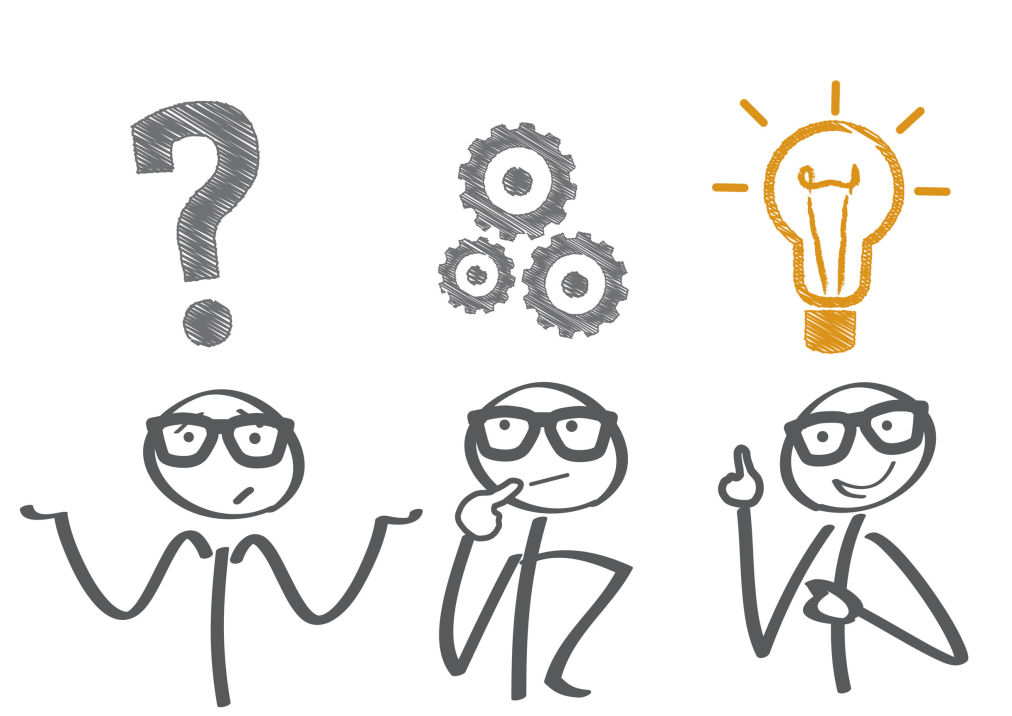
MUMBAI | 9:30 am - 5:30 pm
Investment : INR 15000 plus GST
Book Your Seat...
BANGALORE | 9:30 am - 5:30 pm
Investment : INR 15000 plus GST
Book Your Seat...
HYEDRABAD | 9:30 am - 5:30 pm
Investment : INR 15000 plus GST
Book Your Seat...
GURUGRAM | 9:30 am - 5:30 pm
Investment : INR 15000 plus GST
Book Your Seat...

CPS is a proven method for approaching a problem or a challenge in an imaginative and innovative way. It helps you redefine the problems and opportunities you face, come up with new, innovative responses and solutions, and then take action.
Explore the Vision.
Identify the goal, wish, or challenge.
Gather Data.
Describe and generate data to enable a clear understanding of the challenge.
Formulate Challenges.
Sharpen awareness of the challenge and create challenge questions that invite solutions.
Explore Ideas.
Generate ideas that answer the challenge questions.
Formulate Solutions.
To move from ideas to solutions. Evaluate, strengthen, and select solutions for best “fit.”
Formulate a Plan.
Explore acceptance and identify resources and actions that will support implementation of the selected solution(s).

Core Principles of Creative Problem Solving
Everyone is creative.
Creative skills can be learned and enhanced.
Divergent and Convergent Thinking Must be Balanced. Keys to creativity are learning ways to identify and balance expanding and contracting thinking (done separately), and knowing when to practice them.
Ask Problems as Questions. Solutions are more readily invited and developed when challenges and problems are restated as open-ended questions with multiple possibilities. Such questions generate lots of rich information, while closed-ended questions tend to elicit confirmation or denial. Statements tend to generate limited or no response at all.
Defer or Suspend Judgment. As Osborn learned in his early work on brainstorming, the instantaneous judgment in response to an idea shuts down idea generation. There is an appropriate and necessary time to apply judgement when converging.
Focus on “Yes, and” rather than “No, but.” When generating information and ideas, language matters. “Yes, and…” allows continuation and expansion, which is necessary in certain stages of CPS. The use of the word “but” – preceded by “yes” or “no” – closes down conversation, negating everything that has come before it.
Telephone: 011 41080000
Mobile: +91 9811630393 | +91 8750799811
sona@genesiseventsindia.in
MUMBAI | 9:30 am - 5:30 pm
Investment : INR 15000 plus GST
Book Your Seat...
BANGALORE | 9:30 am - 5:30 pm
Investment : INR 15000 plus GST
Book Your Seat...
HYDERABAD | 9:30 am - 5:30 pm
Investment : INR 15000 plus GST
Book Your Seat...
GURUGRAM | 9:30 am - 5:30 pm
Investment : INR 15000 plus GST
Book Your Seat...

Enhance problem-solving efficiency through deliberate creativity. Our training program guides you through the four-stage Creative Problem Solving process, enabling impactful solutions to critical challenges
Explore its evolution across life and career stages in our interactive session. Discover new potential and sustain your creative edge.
Learn proven strategies for adapting to adversity and discovering opportunity within challenge. Enroll now and unlock a more resilient future. Enroll now.
This interactive session offers participants the opportunity to examine the dynamic nature of creativity throughout one's lifespan and career. By reflecting on past accomplishments and contemplating future aspirations, attendees will gain valuable perspectives on cultivating and maintaining creative potential at any stage. The discourse aims to provide fresh insights and foster a deeper understanding of the evolving landscape of personal creativity.
April 30, 2025
3:00 pm IST
Via Zoom
Register to save your spot!
